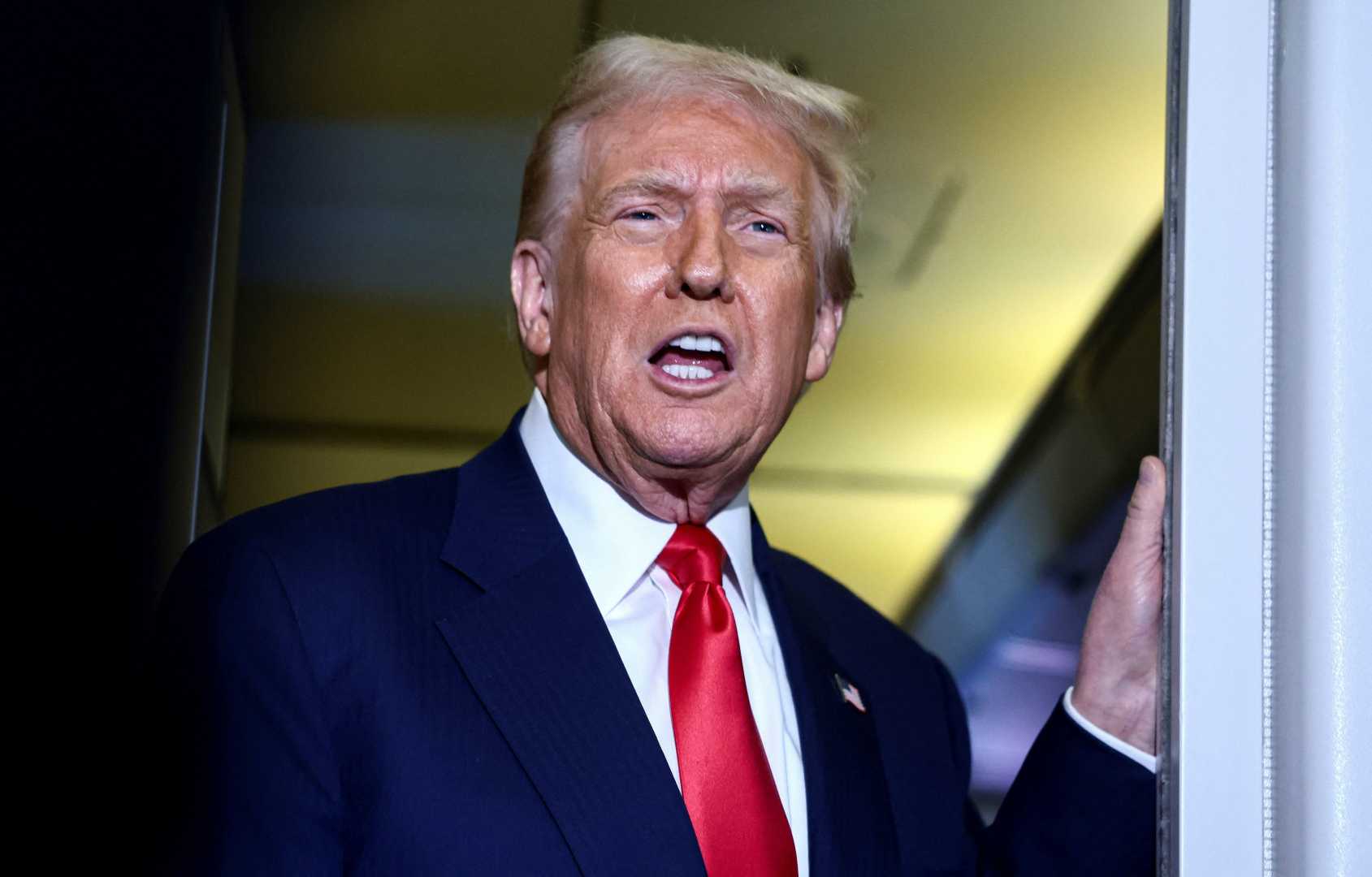Politics
Trump Administration Targets Student Loan Forgiveness for Certain Organizations

WASHINGTON (AP) — The Trump administration is moving forward with new rules that could significantly restrict access to a student loan forgiveness program for many public workers. This change, finalized on Thursday, allows the Education Department to ban organizations from the Public Service Loan Forgiveness program if they are deemed to have a “substantial illegal purpose.”
The administration argues that this action is necessary to prevent taxpayer money from being directed to organizations that engage in illegal activities. Critics warn that it could be used as political retribution against certain groups, particularly those that provide services to marginalized communities.
Set to take effect in July 2026, the policy primarily targets organizations working with immigrants and transgender youth. The new rules empower the education secretary to exclude groups involved in activities such as human trafficking or procedures deemed harmful to children, including gender-affirming care.
“The program was meant to support Americans who dedicate their careers to public service – not to subsidize organizations that violate the law,” said Education Undersecretary Nicholas Kent in a statement. The Public Service Loan Forgiveness program, established in 2007, provides loan cancellation for government employees and nonprofit workers after they have made 10 years of payments.
While the administration has not specified which groups might be targeted, it estimates that fewer than 10 organizations could be banned each year. Legal nonprofit Student Defense announced plans to challenge the new rules, claiming they unfairly penalize public servants based on their employers’ views.
Opponents of the proposal, including major associations in higher education and healthcare, argue that it could exacerbate workforce shortages in critical fields like public defense and public interest law. The American Bar Association warned that thousands might lose access to legal representation due to political biases.
Rep. Tim Walberg, R-Mich., chair of the House Education and Workforce Committee, supported the changes, emphasizing the need to prevent taxpayer money from aiding organizations that violate laws.
Under the new rules, organizations can reapply for eligibility after 10 years or sooner if they follow a corrective action plan approved by the education secretary. The department has acknowledged that a single legal violation may not lead to automatic exclusion, leaving considerable discretion to the secretary.












